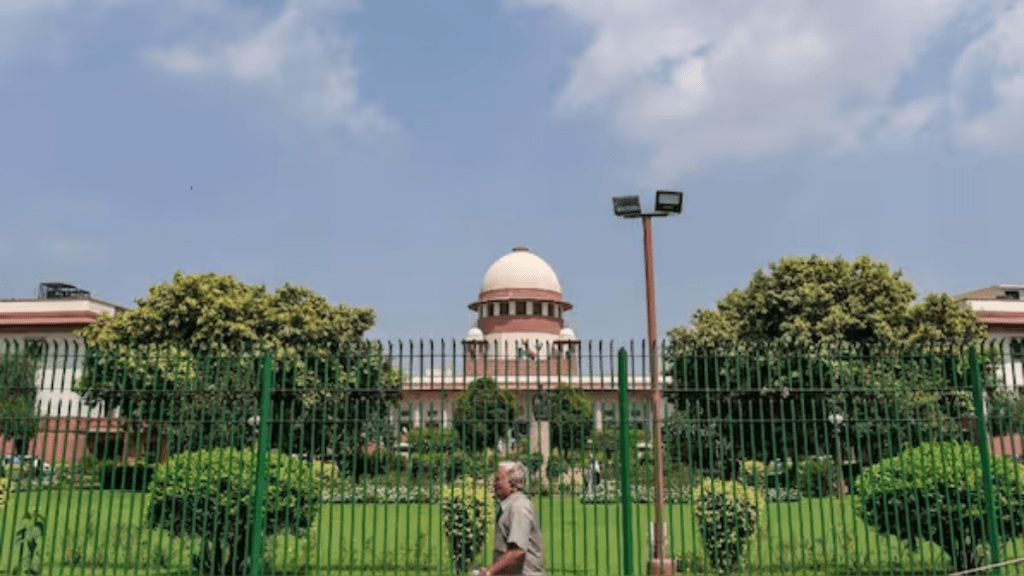The Supreme Court of India issued an order on Monday for the relocation of all stray dogs in Delhi-NCR — calling incidents of stray dog bites “extremely grim”. Local authorities have been given less than two months to build shelters and pick the canines up from various localities for permanent relocation. A bench of Justices J B Pardiwala and R Mahadevan also warned of strict action and even contempt of court proceedings against an individual or organisation in case of obstruction.
“We have noticed some unreasonable and absurd rules that you pick one dog, sterilise them, and bring them back to the same place. We fail to understand why you bring them back. Forget the rules and face reality. These dogs are to be rounded up and captured immediately by whatever means. That’s how you can make children and senior citizens feel safe,” the bench said.
Phased implementation
Delhi Chief Minister Rekha Gupta said the government would soon come up with a policy and implement the Supreme Court directive in a ‘phased manner’. She also noted that the stray dog menace had assumed gigantic proportions in the city and stressed the need to ‘provide relief’ to the people. The Delhi government has also held a slew of meetings on the issue — with minister Kapil Mishra saying last week that they would come up with a humane policy.
“Delhi people are fed up of stray dogs. We have been discussing on the issue. The Supreme Court’s directions are important. We want to provide relief to people. The problem (of stray dogs) has assumed gigantic proportion. We will form a policy and provide relief to people,” Gupta said in a press conference.
Highlights of the Supreme Court order
- All stray dogs must be immediately picked up from residential localities across Delhi-NCR and relocated to designated shelters. They cannot be released back into the streets or public places at any point after being taken to these shelters.
- Authorities have been directed to identify or build these designated shelters within the next eight weeks and begin the process to relocating dogs. The shelters must be capable of housing 5,000 to 6,000 dogs — with the capture of dogs (especially from vulnerable areas) set to begin within six weeks.
- The shelters must be staffed adequately to carry out sterilisation, immunisation (including rabies vaccination), and provide proper care for the dogs. They must also be monitored by CCTVs to ensure that no dog is removed or released improperly.
- Helpline to be set up within one week for reporting of dog bites and rabies cases. Authorities have been mandated to respond within four hours by picking up the reported dog for sterilisation and treatment without releasing it afterward.
- Authorities in Delhi, Noida, Gurugram, and Ghaziabad will also be required to maintain daily records of all dogs captured and ensure strict compliance. The court warned that any obstruction or non-compliance would incur stern legal action — with contempt proceedings initiated against individuals or organisations hindering the process.
(With inputs from agencies)

